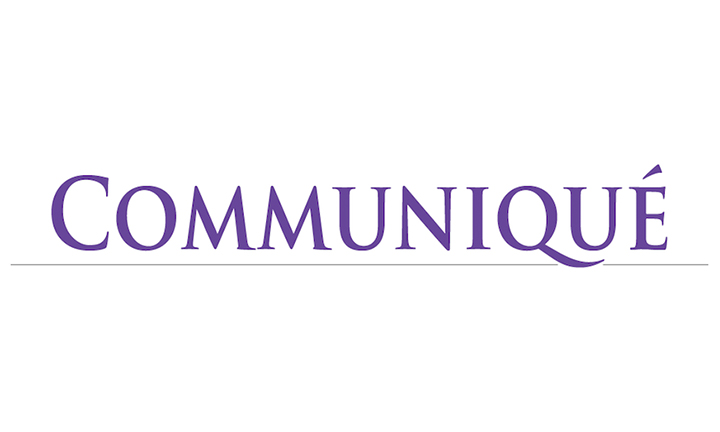The American Investigative Society of Cold Cases (AISOCC) is a non-profit, volunteer based organization of professional investigators whose sole mission is to, “actively assist law enforcement, criminal justice and legal professionals in the development of cold case investigations.” They have an elite group of experts that use tools such as crime scene reconstruction, crime scene assessments, and inductive/deductive criminal profiling to solve these crimes. Recently, it has popped up at Chatham.
Dr. Christine Sarteschi, assistant professor of social work and criminology at Chatham, serves as the faculty advisor for the Chatham chapter of AISOCC. She is also a Consulting Committee member of The American Investigative Society of Cold Cases itself.
Before assembling the group, Sarteschi initially surveyed students to determine their interest in developing a chapter on campus. The interested students then developed a constitution and applied to become an official student organization. After being assigned their first case, Sarteschi then contacted the sergeant working on the case, who was happy for the help. The group currently has 19 students and interested students can apply at two points in the academic year — at the beginning of the fall and spring semesters.
Hannah Gross, the chapter president at Chatham, said the AISOCC is important because, “there are approximately 211,000 unsolved homicide cases in the United States. Many police departments might not have dedicated cold case units or units large enough to cover the immense volume of cold case materials that are still waiting to be reviewed. We wish to assist police agencies and families with solving these cases.”
She says that it is beneficial for outsider’s to help because they, “assist police agencies in reviewing case files, essentially serving as a ‘fresh set of eyes’ hoping to uncover anything that may have been overlooked. We search for new leads, discuss any interesting details, develop a social media presence to bring awareness to the case and otherwise do whatever the case requires of us. We can be followed on Facebook, Twitter and Instagram.”
Currently, the Chatham chapter are working on the unsolved murder case of 18-year old Wendy Welborn who was killed in 1980 in Tennessee. Wendy’s mother contacted the president of AISOCC asking for assistance in solving her case and the president assigned the case to the group at Chatham, who have been working on it since October of 2015.
Students are encouraged to join the group next fall, and help the team make an impact on the lives of many. Gross says it is a powerful opportunity, “to gain experience in solving a real unsolved case. It is a great way to develop one’s writing and analytical skills. The work is tedious but rewarding. Your efforts might actually lead to solving an unsolved homicide case. You have a chance to truly make a difference in someone’s life. We welcome new members, but they must be serious about the work. We are dealing with real people and real cases. There are many leadership roles within the group as well. Students have the opportunity to specialize on a certain portion of the case and lead others in exploring specific categories. This organization also gets students directly involved with the workings of the criminal justice system. For some, this could open potential doors to future jobs or interests.”
To contact the organization, students can email Dr. Sarteschi at [email protected], or Hannah Gross at [email protected].


